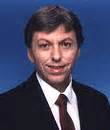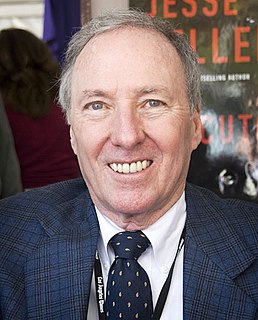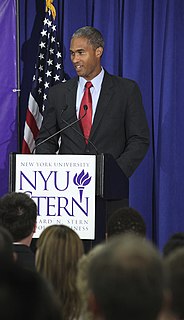A Quote by Hillary Clinton
Now, look, I - I like to look at evidence. I plead to that. I think evidence is important when you're making decisions that affect other people's lives.
Related Quotes
What I learned from my work as a physician is that even with the most complicated patients, the most complicated problems, you've got to look hard to find every piece of data and evidence that you can to improve your decision-making. Medicine has taught me to be very much evidence-based and data-driven in making decisions.
When you're dealing with a problem as complex as autism, you have to look at it from many different points of view and assemble evidence from many different vantage points. Biological evidence in humans and in animals, toxicologic evidence, how does the body deal with toxins, and evidence looking at the actual experience in populations.
People are trying to build a society where they can talk across the aisle so to speak, and have civil discourse. At the same time we're trying to inform ourselves about what's really true so that we can make evidence based decisions that is better than superstition or rumor. But the fact is that people who use evidence based decision making have much better life outcomes, greater life satisfaction, they live longer, they make better personal and medical decisions, better financial decisions. But parallel to that is you can't reason somebody out of a position they didn't reason themselves into.
Hope and optimism are different. Optimism tends to be based on the notion that there's enough evidence out there to believe things are gonna be better, much more rational, deeply secular, whereas hope looks at the evidence and says, "It doesn't look good at all. Doesn't look good at all. Gonna go beyond the evidence to create new possibilities based on visions that become contagious to allow people to engage in heroic actions always against the odds, no guarantee whatsoever." That's hope. I'm a prisoner of hope, though. Gonna die a prisoner of hope.
I think it is very important that you like yourself for who you are and not want to look like anyone else. You also have to understand, many people have had cosmetic surgeries in order to look the way they look. So why look like them when you can just look like you? And there is nothing wrong with looking like you.
I destroy because for me everything that proceeds from reason is untrustworthy. I believe only in the evidence of what stirs my marrow, not in the evidence of what addresses itself to my reason. I have found levels in the realm of the nerve. I now feel capable of evaluating the evidence. There is for me an evidence in the realm of pure flesh which has nothing to do with the evidence of reason. The eternal conflict between reason and the heart is decided in my very flesh, but in my flesh irrigated by nerves.


































